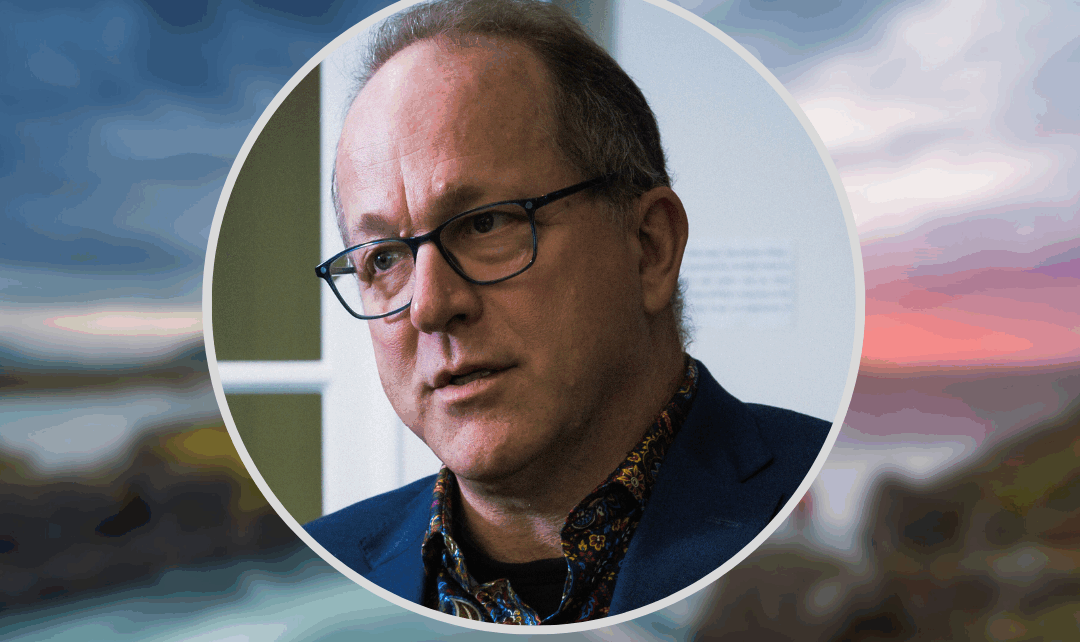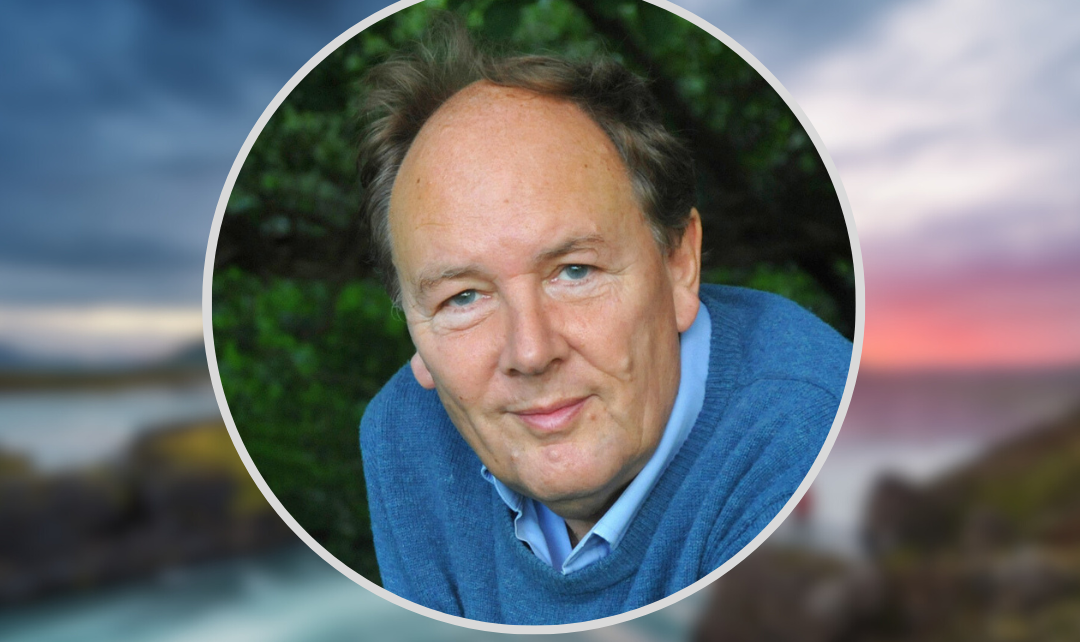Join Scott Berman, founder of the dark retreat center Sky Cave, for a look at this ancient practice that is finding its way into the modern world. How did Scott get into this unusual business, and what is dark retreat all about? Scott explores the many reasons why people are clamoring to get into dark retreat, the things you do when you’re in the dark, and what constitutes a successful retreat. We explore the indications and contraindications of dark practice, and the profiles of those who tend to thrive in the dark, and the profiles of those who struggle. “Spiritual types,” or those with long meditation histories, often have a harder time than those who enter with the “beginner’s mind.” Dark retreat is feminine in nature, and women tend to do better than mind. Why is that? And what actually constitutes a dark retreat? How long do you go in? Do you have emotional or spiritual support if you need it? How do you get your food?
We discuss how to work with the challenges that tend to arise in the dark, especially anxiety and fear. Scott talks about dissociation, the importance of embodiment, and the role of body work before, during, and after retreat. How does one best prepare for the dark, and how does one integrate the experience into daily life? How important is proper motivation when going into dark retreat, and why is honesty towards your experience more important than positivity? What are some of Scott’s biggest surprises in guiding over 350 people through dark retreat? We talk about the new field of darkness therapy, and the overall therapeutic potential of dark retreat. With dark retreat, you may not always get what you want, but you tend to get what you need. How do you handle those “needs,” and the revelations that unfold in darkness? See for yourself why dark retreat is being touted by celebrities, ranging from famous authors, to athletes, to business executives, and if this unusual practice is right for you.
About Scott Berman:
Scott Berman is the founder of sky cave retreats, the first darkness retreat center in the US. Throughout the last decade, he has spent over two years in self guided solar retreats and remote wilderness. He did his first darkness retreat in 2012, and has since spent over 70 days and multiple solo darkness retreats, including a couple with his wife, Jill, over the last four years, Scott has supported hundreds of people in their dark retreats, and has been pioneering the darkness therapy movement in his Center in southern Oregon.
From Skidmore College website:
“Berman, who grew up in South Jersey, began exploring alternative therapies as a psychology major, drawing inspiration from Skidmore’s Psychology Department. Through the department, he was first exposed to the Mindfulness Based Stress Reduction (MBSR) technique developed by Jon Kabat-Zinn in the late 1970s. Berman conducted independent research with his professors and attended a MBSR conference in Massachusetts.
After graduation, he traveled to Alaska, staying in a remote cabin for six weeks. This experience eventually led him to live in solitude in Mount Shasta, California, and Southern Baja, Mexico, for nearly a decade with his wife, Jill Berman.
After learning about dark-room retreats in places like South America and India, the Bermans completed their first darkness retreat in their Oregon home before building three underground cabins that would serve as the centerpieces of their retreat center.
Experiencing oneself in complete darkness is a concept rooted in ancient spiritual traditions, including that of the Kogi Mamos, indigenous people of Colombia. In its retreat offerings, Sky Cave also offers somatic therapy, which typically takes place before and after entering the cabin.
Berman continues his own four- to five-day retreat into darkness annually. He also visits a nearby cave weekly for a few hours at a time. “
Darkness retreats and their benefits with a pioneer in the field.
Anxiety and fear mechanisms in a dark retreat.
Darkness retreats and managing overwhelm.
The effectiveness of a somatic experiencing approach to dealing with disappointment and unsettledness.
The benefits of embodiment and dissociation in a dark retreat.
Darkness retreat requirements and contraindications.
Letting go of spiritual achievements and embracing body-based awareness.
Spiritual aspirations and expectations vs. genuine connection with oneself.
Emergent design and customization in a dark retreat, with a focus on vulnerability and openness.
Importance of honesty in spiritual experiences.
Spirituality, meditation, and inner exploration.
Psychedelics, meditation, and spirituality with surprises and insights.
Spirituality, preparation, and integration for a deeper connection with oneself and others.
Embodiment, preparation, and integration for dark retreats.
Fear, ego dissolution, and death in the context of psychedelics and microdosing.
Expanding darkness retreats and their impact on inner work.





